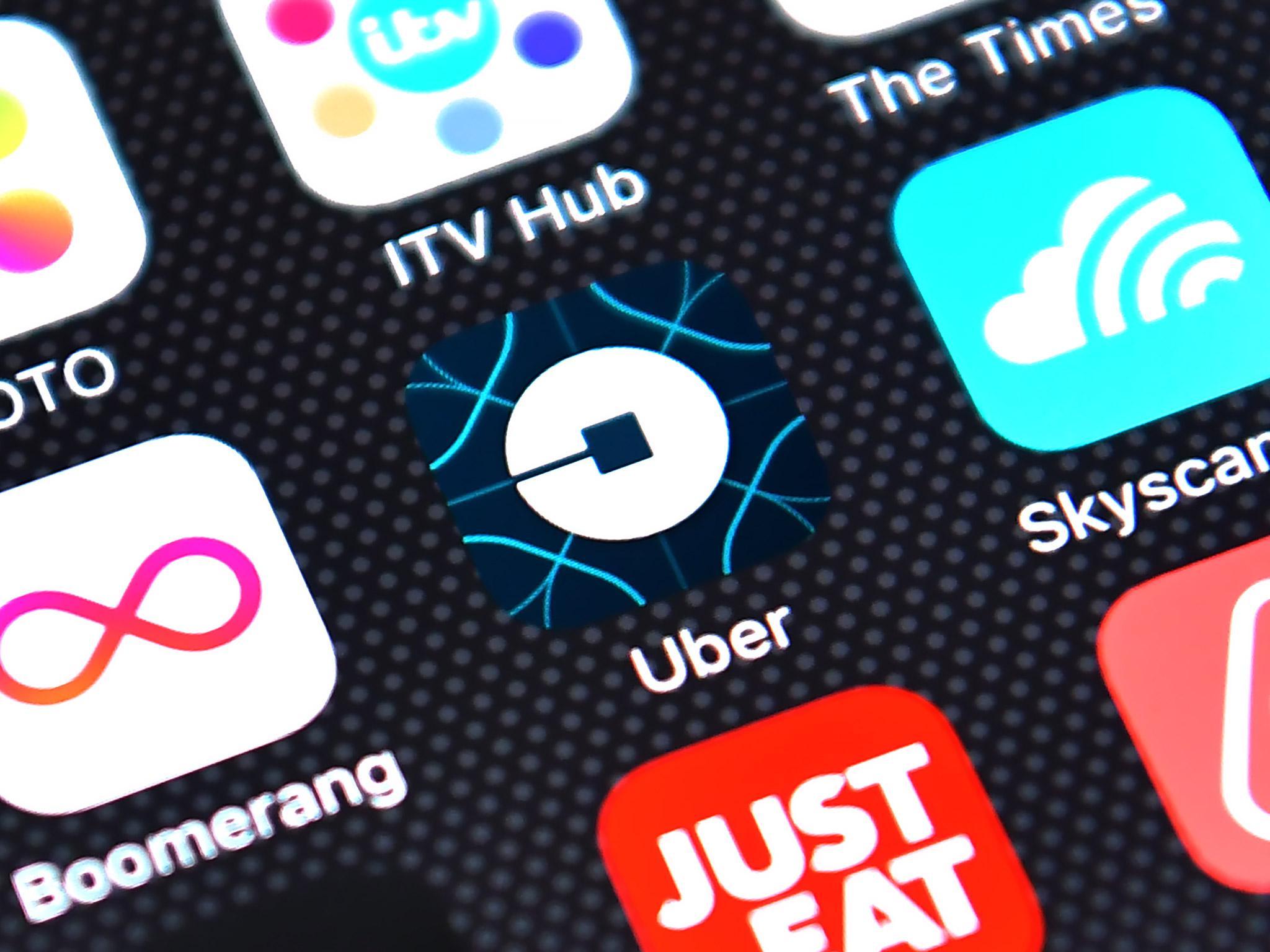The Independent's journalism is supported by our readers. When you purchase through links on our site, we may earn commission.
Uber manipulates drivers into working longer hours with psychological tricks
One of the company's techniques involves male managers adopting a female persona

Uber is using a range of psychological tricks to encourage its drivers to work longer hours, often at times and locations that are less lucrative to them, according to a new report.
The taxi app company manipulates drivers with app alerts and low-value rewards, with hundreds of social scientists and data scientists said to be involved in the experiment.
According to the New York Times, Uber is trying to replicate techniques that make video games and TV addictive.
These include achievement badges, an alert system that tells drivers they’re close to hitting an earnings target when they try to log off and an algorithm called ‘forward dispatch’, which enables drivers to book their next fare before completing their current one.
This was inspired by automatic queueing on Netflix, which encourages viewers to binge-watch TV by loading the next episode before the current one has finished.
Forward dispatch proved so successful that Uber had to introduce a pause button, as drivers started complaining that they could no longer stop for toilet breaks.
Male local managers even went as far as adopting a female persona when texting drivers, with the tactic proving effective with Uber’s largely male base of drivers.
‘Laura’, for instance, would contact drivers with a message along the lines of, “Hey, the concert’s about to let out. You should head over there,” said John P. Parker, a manager based in the company’s Dallas office in 2014 and 2015.
As Uber drivers are officially independent contractors rather than employees, the company doesn’t have the authority to tell them what to do.
It therefore needs to take an alternative approach to make its service as slick as possible for customers, with drivers drawing the short straw.
The company is going through a turbulent period at the moment, following sexual harassment allegations and the resignation of president Jeff Jones after just six months in the job.
It’s also recently emerged that Uber has been using a secret tool called Greyball to avoid law enforcement authorities in countries across the world.
Join our commenting forum
Join thought-provoking conversations, follow other Independent readers and see their replies
Comments
Bookmark popover
Removed from bookmarks